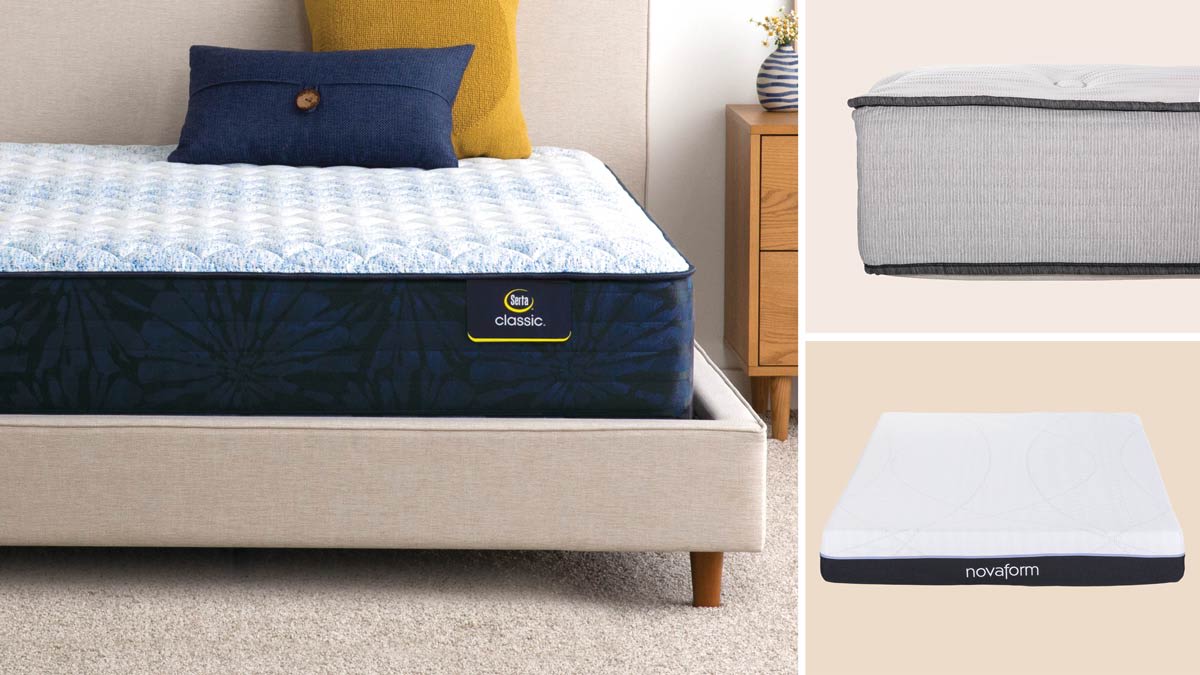
Consumer Reports evaluates lower-priced mattresses the same way we test any mattress: by putting them through our exhaustive lab tests, as well as asking thousands of CR members about how well their mattresses have served them. Put together, this information provides a good sense of what a mattress offers for a variety of body sizes and sleep positions. Whether a mattress costs $300 or $3,000, we hold it to the same performance standards.
Certain qualities matter for some sleepers more than for others, and that’s especially important to keep in mind when buying a lower-priced mattress. For instance, mattresses costing $300 or $400 probably won’t have the things you’d expect from a higher-end mattress, such as a thick, soft cover or multiple foam layers. If those attributes matter to you, consider reassessing your price range.
We’ve noted whether these mattresses include some of these extras in our comprehensive mattress ratings, but they don’t have an impact on a bed’s Overall Score. What we factor into the Overall Score are the features that can affect the quality of your sleep, a bed’s support ratings, and the mattress’s longevity.
The best budget-friendly models excel in these crucial areas at a lower price, typically around $600 or less for a queen-size mattress. If your budget is flexible, consider our other picks for best mattresses.









